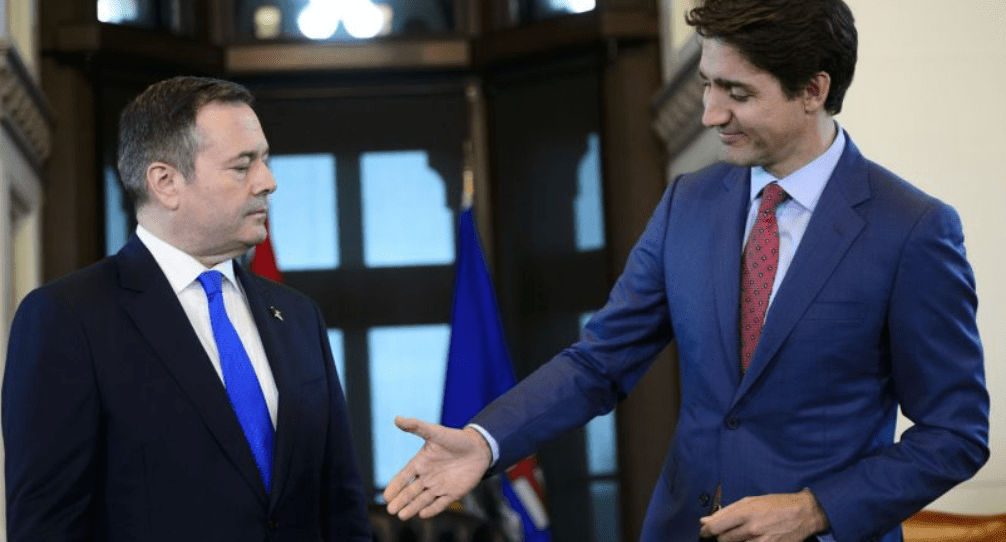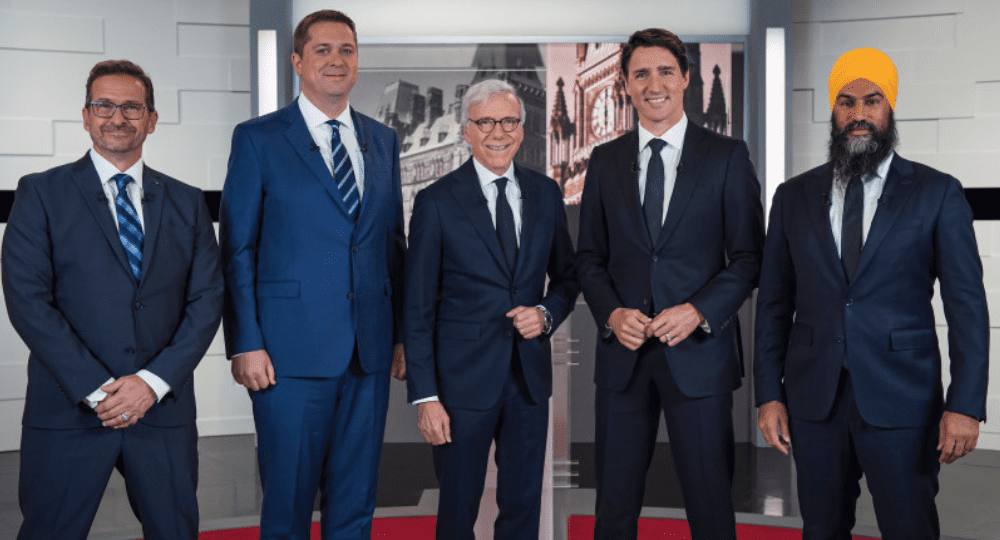When Jason Kenney returned to Alberta from his excellent adventure campaigning for the Conservatives in Ontario, he felt the need to post a seven and a half minute video on social media for his fans back home.
After all, there are some natural questions to be asked by provincial taxpayers about why the premier of Alberta is spending quite so much time working for his federal counterparts.
Doesn't Ontario have its own Conservative premier to help boost Andrew Scheer's fortunes? That's another entirely different column.
Doesn't Alberta have plenty of issues to keep Kenney busy in the province? Why yes. In fact, he returned to immediately plunge into the fall legislature sitting, which promises to be both busy and rancorous.
But Kenney argues in his mini-movie that he was representing Alberta even while appearing at partisan federal Conservative events, fighting to prevent the most desperate of federal election outcomes — a Frankenstein coalition of Liberals, NDP and Greens.
"If the Trudeau government is re-elected it will be a bleak day for Alberta's economic future," he tells his audience.
He lists off all the ways he promoted Alberta as a crucial economic partner in Ontario about how the province contributes spinoff jobs across the country and equalization payments for hard luck provinces.
But of course, he also talked a whole lot about many other issues, including national immigration policies and gun crime in Ontario and what a great guy Andrew Scheer is.
He managed to cram 23 events over 18 constituencies into two and a half days.
In all the media photos from Ontario, Kenney is clearly relaxed and happy to be on the hustings. That's his natural home, feeling the love from the party faithful, and not so long ago the federal party was his party. And some observers still suggest the national arena is his natural arena.
Back in Edmonton, Kenney is earnestly committing to continue his undoing of the previous NDP administration, with plans to bring in between 14 and 17 bills, many of them rewriting of NDP initiatives. And he plans to plough through his agenda without too much opposition delay. The government is bringing in a bill to shut down the possibility of legislature filibusters, an NDP tactic that drove the UCP crazy in the spring session. Glad-handing in a community arena till all hours is one thing, but listening to provincial politicians drone on through the night is another.
While the legislature is sitting through the waning days of the federal campaign, the big UCP whammy won't land until after Oct. 21. The provincial budget, due on Oct. 24, is expected to be relatively brutal in terms of belt tightening.
But for the next couple of weeks, it will not be surprising if Kenney manages to sneak in a speech or two in the legislature with a strident anti-Trudeau theme. And he may well pop up at few federal CPC events and rallies around Alberta.
The blending of federal and provincial politics isn't new to Alberta. Peter Lougheed played a towering role on the national stage. But the partisan merging of purpose happening at the moment does seem a bit over the top.
And therein lies the issue that may work to Alberta's disadvantage after Oct. 21. Already Justin Trudeau has Kenney in his crosshairs. During the recent federal leaders debate, Trudeau singled out Kenney and Ontario premier Doug Ford for doing nothing on the climate change file.
If Trudeau wins, and particularly if he ends up helming a minority government shored up by the NDP and the Greens, Kenney's antagonism during the election won't be a recipe for collegial relations between the two leaders.
Kenney has transcended the role of Scheer's provincial ally and slipped over into an unofficial right hand man position.
When Kenney first made the move from Ottawa to Edmonton, pundits mused that his ultimate goal is to eventually return to the federal arena, possibly as Conservative leader. His activities during the election haven't dispelled that notion.
In the meantime he is employing his prodigious political energy for both the federal and provincial parties. If at some point Alberta voters feel they are getting short shrift from that split focus, Kenney will have to choose just where his heart lies.
Photo Credit: Maclean's








